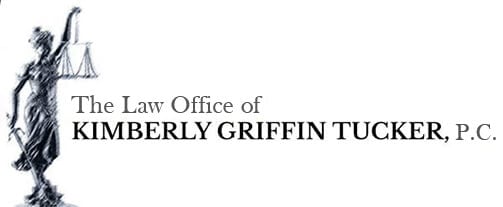After the state files criminal charges against someone, that individual has to enter a plea and then, if they have not pled guilty, they will need to prepare for trial. A conviction will result in a criminal sentence and a lasting criminal record that could turn up whenever someone applies for a new job, seeks housing or wants to go back to school to continue their education.
An arrest for a driving while intoxicated (DWI) offense could prove life-altering. Not only will the person accused have to worry about incarceration, license suspension and fines, but the record of their conviction will follow them for years to come. One of the ways that those accused of a DWI might avoid a criminal conviction involves going through the Texas specialty or treatment courts. In Dallas County, there are currently two DWI court programs. How can someone recently arrested determine whether they qualify?
Misdemeanor DWI court
Not everyone accused of a basic DWI will qualify for misdemeanor DWI Court in Dallas County. Currently, the program, which takes roughly 12 months to complete, is open to those facing a second DWI or multiple DWI charges simultaneously. People may also qualify if they caused an accident or had a blood alcohol concentration (BAC) over 0.15% at the time of their arrest. Should someone complete the DWI treatment court requirements, they can avoid adding their pending DWI charge to their record and could sidestep the criminal penalties typically imposed after a DWI conviction.
Felony DWI court
Felony charges are more serious, with the state imposing more significant penalties after a conviction. Felony DWI court takes longer to complete, with participants usually needing to commit to between 15 and 21 months of court supervision. As with misdemeanor DWI court, not everyone charged with a felony DWI qualifies. An individual needs to have a pending felony DWI charge or 7 DWI arrests on their record. They typically need to have a clear pattern of substance abuse and a diagnosable alcohol issue or dependence on alcohol and other substances. Felony DWI court can result in someone avoiding another conviction on their record and eliminating the standard criminal penalties associated with a DWI offense.
Discussing every option after a DWI arrest with an attorney can help a driver choose the best way to respond to their pending charges.
